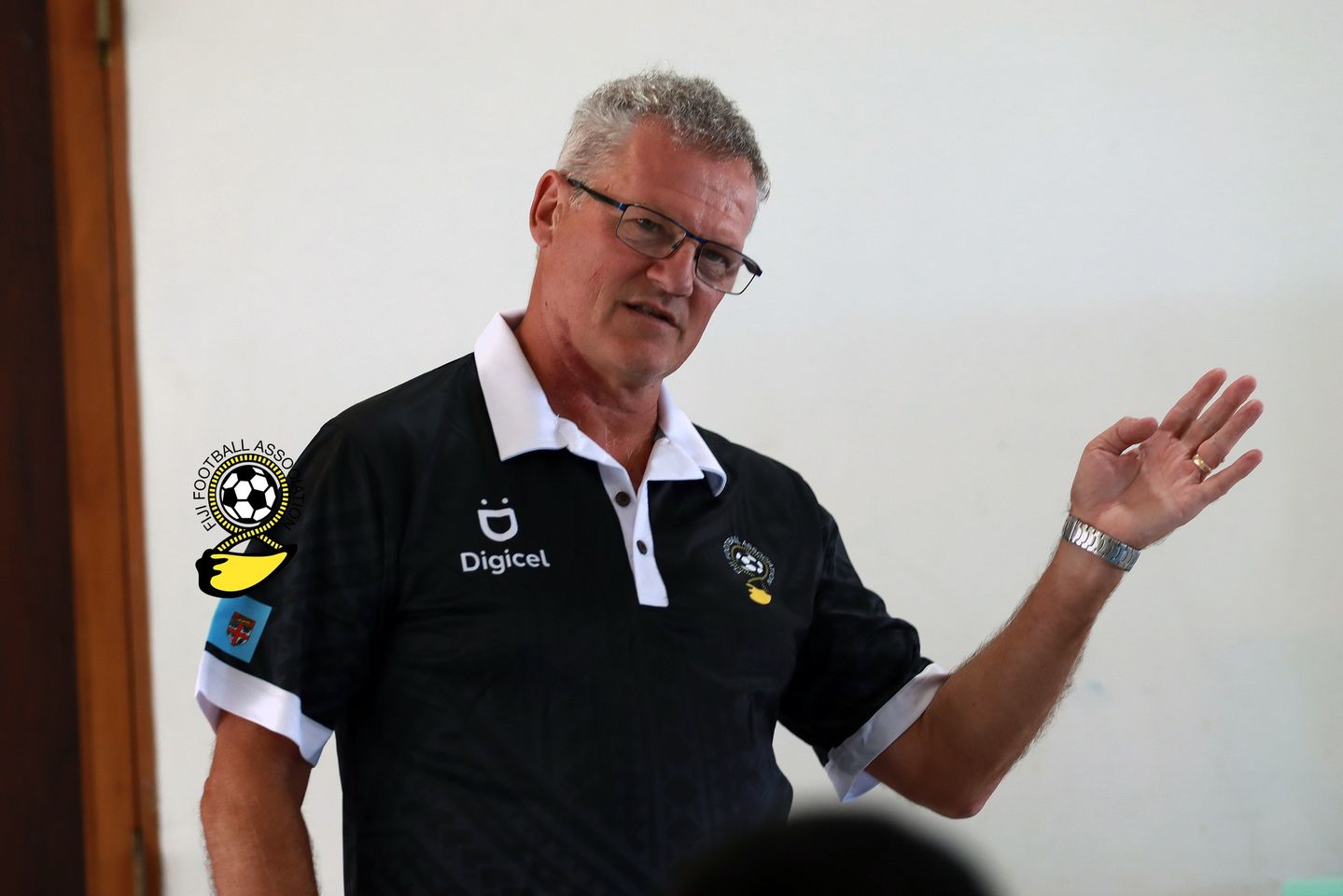Sport, with its captivating ability to spark opinions and fuel debates, is a testament to the diversity of thought it generates. The matter of FIFA rankings is no exception. While ascending the ranks is undoubtedly a desirable achievement, it’s essential to recognize that an exclusive focus on points can lead to misguided priorities.
The peril in fixating solely on rankings lies in potentially scheduling matches against weaker opponents purely for the sake of points. A more holistic perspective suggests that for Fiji, aspiring to qualify for the World Cup mandates confronting diverse challenges posed by teams from different confederations. The upcoming Nations Cup and qualifying rounds in 2024 against fellow Oceania nations promise valuable opportunities for point accumulation. However, in the absence of OFC or FIFA competitions, the team must seek games to enhance their playing diversity rather than solely considering ranking implications.
Careful planning is essential for orchestrating a campaign of this scale. As the newly appointed coach, Rob Sherman emphasizes “identifying the best players is paramount”.
A notable revelation is the complexity surrounding passports, which can hinder the selection of overseas-eligible players who haven’t obtained them by the age of 18.
“This unique challenge sets Fiji apart from other FIFA countries and impacts the selection pool, especially considering players scattered across leagues worldwide.”
Cultivating a unifying culture and playing model emerges as the second crucial facet. Fiji aims to leverage its distinctive traits to foster a cohesive team that embodies clarity in purpose, method, and execution. This endeavor demands patience, as building a strong foundation takes time. The ultimate litmus test arrives during the critical windows of September, October, and November 2024, and March 2025, when results carry paramount significance. Striking the balance between tactical acumen and flexibility is imperative, enabling Fiji to assert dominance and challenge opponents while honing cohesion during the Pacific Games, FIFA windows, and the Nations Cup.
Fitness remains a pivotal factor for Fiji’s competitiveness. Elevating players’ performance levels to championship standards or beyond enables the team to sustain an intense 90-minute game. Collaborative efforts with clubs play a crucial role in achieving this goal and concurrently uplift Fiji’s National League.
For the long-term preservation of its world stage competitiveness, Fiji’s strategy hinges on development and vision. Under the stewardship of President Rajesh Patel, the board, and Technical Director Timo Jankowski and FFA staff, a comprehensive vision has been outlined. Fostering grassroots participation through initiatives like the FIFA for Schools Programme launched over the weekend and the McDonald’s League kindles a passion for the sport in young boys and girls.
Crucially, pathways for ambitious individuals with potential are being crafted, offering enhanced coaching and competition opportunities. The advent of regional academies and an expanded international program strengthens player development.
As these players mature into the senior team, they will be well-versed in the national culture and style of play, thereby simplifying the coach’s role in preparing the team for matches.
A telling example of the success of long-term planning is Wales, whose 20-year vision materialized in World Cup qualification after decades. Fiji must similarly embrace the concept that “Rome isn’t built in a day.” By emphasizing comprehensive development, foresight, and a patient approach, Fiji can pave its way to future football success on the global stage.
The current FIFA Women’s World Cup stands as a vivid testament to the notion that rankings alone is not important and that it cannot ensure a smooth journey to the finals. It’s a stark reminder that even formidable teams can face unexpected challenges and outcomes. A prime example is the defending champion and world number 1, USA, unexpectedly exiting the competition at the Round of 16. Similarly, Olympic champions Canada, world number 2 Germany and two times FIFA Womens World Cup Runner Up like Brazil, faced an early exit, not even making it past the group stages.
Despite these four nations holding positions within the top 10 of the women’s football world rankings, their campaigns were disrupted by smaller, less-ranked teams. This surprising turn of events shows the unpredictability of sports, where underdogs can triumph over higher-ranked opponents. Such occurrences emphasize that while rankings offer a general gauge of team strength, they cannot fully predict the intricacies of match dynamics, teamwork, and the unpredictable nature of sporting events.
The FIFA Women’s World Cup serves as a poignant reminder that on any given day, lesser-ranked nations can rise to the occasion and upset the status quo. This phenomenon highlights the importance of remaining open to the dynamics of the game, embracing the diverse challenges posed by different opponents, and acknowledging that success in sports transcends mere rankings.




